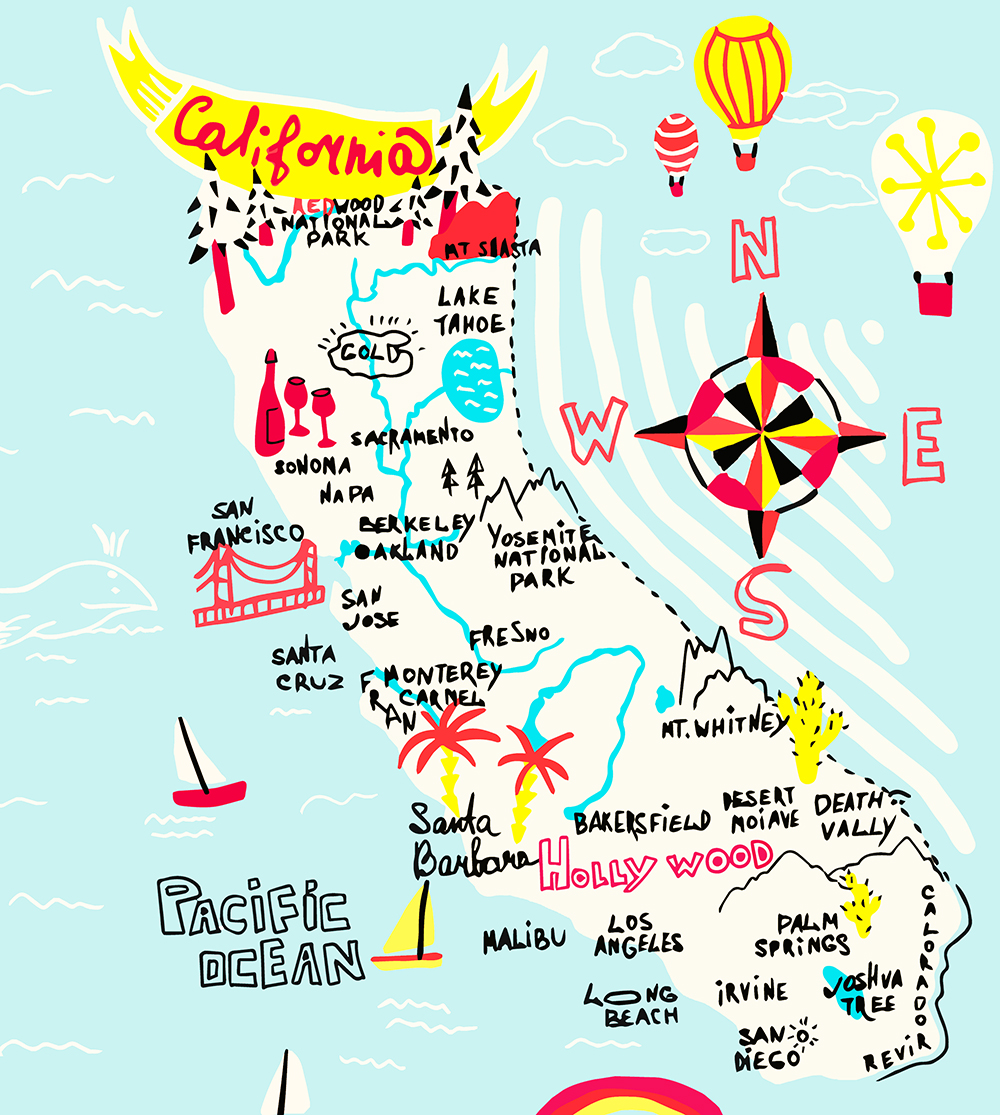This article is a part of a series of profiles of CalChamber member companies that are contributing to the state’s economic strength and ability to stay competitive in a global economy. Visit California Works to learn more about this series and read past and future profiles.

Visit California is a nonprofit organization that works in partnership with the state’s travel industry to develop and maintain marketing programs that keep California top-of-mind as a premier travel destination.
As a leading destination for travelers worldwide, California boasts a robust tourism industry that serves as a major driver of jobs and economic activity in communities throughout the state.

Tourism Is Bouncing Back
As visitors from around the world return to rediscover the Golden State, California’s tourism industry is accelerating recovery from an industrywide downturn during the pandemic. New projections show visitor spending this year will exceed pre-pandemic levels, despite potential headwinds from inflation.
According to Visit California’s recently released Economic Impact Report, visitor spending hit $134.4 billion in California in 2022 — 93% of the way back to pre-pandemic levels.
“I’m happy to report California tourism has bounced back from the devastating human and economic toll of the pandemic and continues to provide value for all Californians,” said Caroline Beteta, president and CEO of Visit California. “California’s iconic destinations are again welcoming visitors from around the world, growing tourism’s economic contributions beyond 2019 levels and putting hundreds of thousands back to work.”
Jobs in the state’s tourism industry also nearly returned to pre-pandemic levels in 2022. The travel sector added 157,000 jobs in California last year, bringing the total number of jobs supported by tourism to 1.1 million statewide. Additionally, visitor-generated tax revenue, which supports essential services in California communities, increased by 21.6% to $11.9 billion.
The benefits of tourism’s recovery are reaching cities and destinations throughout California as the uneven tourism recovery seen a year ago is leveling out. The state’s largest urban centers, which were hit hardest by the pandemic, benefited from a return of business and meeting travelers as conferences resumed in California cities.

Planning for a Smart, Sustainable Future
Given tourism’s vital role in California’s economy, efforts to plan for a more sustainable future for the industry are a top priority.
To help destinations shape the future of California’s tourism industry, Visit California is conducting extensive research with industry stakeholders, residents and civic leaders across the state to prepare plans specific to each of California’s 12 tourism regions: San Diego County, Orange County, Deserts, Inland Empire, Los Angeles County, Central Coast, Central Valley, Gold Country, San Francisco Bay Area, High Sierra, Shasta-Cascade and North Coast.
Goals for plan development include:
• Identifying industry opportunities and challenges to recommend strategies for improvement to be implemented over 10 years.
• Creating community- and industry-wide support for responsible travel principles and strategies to protect the environment and cultural assets.
• Assessing climate impacts to and from tourism in each region and recommending courses of action for destinations and businesses.
• Encouraging destination tourism development that maximizes diversity and equity and appeals to all visitors.
• Building lasting alliances between the tourism industry and each region’s civic, governmental and political leadership.
• Establishing stronger links between tourism and its economic impact on local communities while mitigating links between tourism and negative impacts.
• Developing priority recommendations for infrastructure projects that aid tourism.
This effort is currently underway and is scheduled to conclude in late 2024 with the delivery of plans, recommendations and action items in each of California’s tourism regions.
From there, tourism businesses and California’s 300-plus destination management organizations will use the findings and recommendations to inform business decisions and opportunities for partnerships with local governments and nonprofits and build a more sustainable future for the industry.

